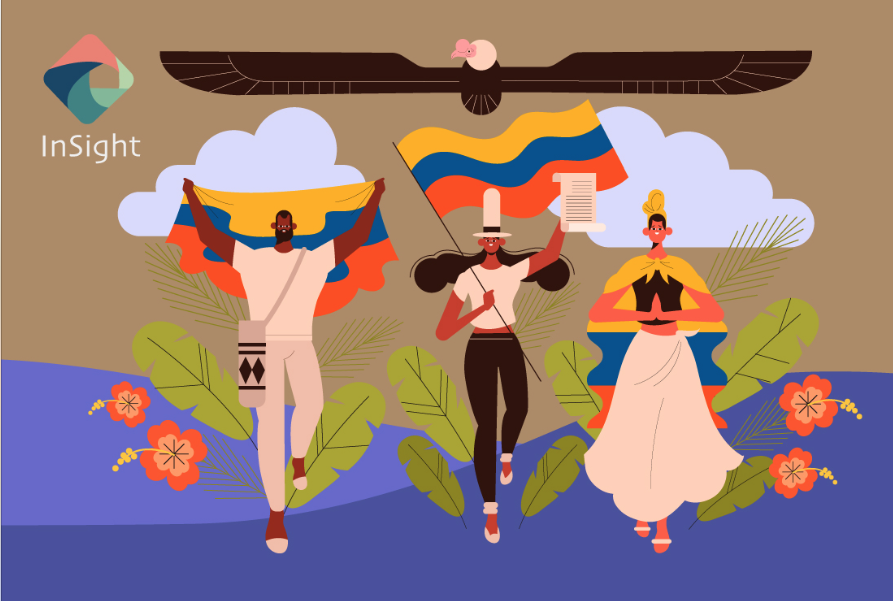In 1997, prior consultation was established in Colombia as a mechanism to safeguard the right of ethnic communities to participate in all administrative and legislative measures, as well as in industrial and natural resource exploitation activities that impact their territories, their culture, their beliefs and, in general, their lives.
Although there are legal parameters for carrying out prior consultation as a measure to guarantee and protect these populations, our experience in different regions of the country and with different types of communities allows us to conclude that, for consultation to truly be a mechanism for ethnic communities to fully exercise their right to self-determination, it needs to evolve; an evolution that involves all the actors involved, the state, the companies and the ethnic communities.
Let us look at this challenge from the perspective of each actor:
- In the first place, responding to the challenge of prior consultation requires that ethnic communities have a strong, legitimate and representative organisation to actively participate in consultation scenarios. However, some communities are still unaware of their true role in a consultative process, do not have sufficient tools on the regulatory framework, and require internal processes to consolidate their community life plans and projects in order to fully exercise their collective right. Therefore, the consultation process does not (or should not) start at installation. Consultation implies an internal community process of internal dialogue, decision-making and organisational strengthening, before starting to talk to companies about the impacts of a project on their lives.
- On the other hand, companies have traditionally perceived consultation as an obstacle to the development of their business and even to the development of the country, due to its complexities and, especially, to the uncertainty implied by the process and its results. For companies, consultation, more than a compulsory step in the checklist, is an opportunity to create spaces for dialogue and consultation with communities and to find common interests and, what we at InSight call the "we", that space for meeting and finding a win-win situation. By stripping away prevention from this process, and starting from a rights-based approach with clarity about the object of dialogue, consultation is an opportunity to co-construct. In Colombia we have made progress in the process, as prior consultation has been designed to identify, manage and agree on the impacts of projects. And there is room for companies to go further in implementing international standards demanded by financial corporations, which increases the value of the projects. It is definitely a win-win.
- As for the state, there are several situations. Firstly, it is evident that it lacks the necessary resources to meet the demand for existing projects that require prior consultation. In addition, the rules are still not sufficiently clear, and do not cover the details of the consultation process, especially its scope (and the inclusion or not of the right to veto). There are necessary developments that the national government must begin to implement, in order to align with international standards, fully guarantee the rights of indigenous peoples and safeguard the clarity of the process to generate legal certainty for businesses.
In the midst of these challenges, companies must carry out prior consultation processes. InSight accompanies them from a social perspective to prepare and accompany the community; cope with the uncertainty of the results; adequately manage the rights of the parties involved; ensure that the impacts of the projects are adequately managed and seek to co-construct agreements that make the projects viable.

